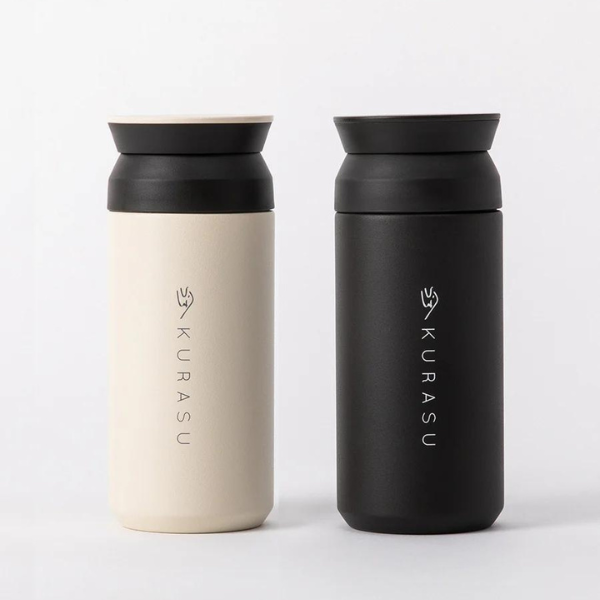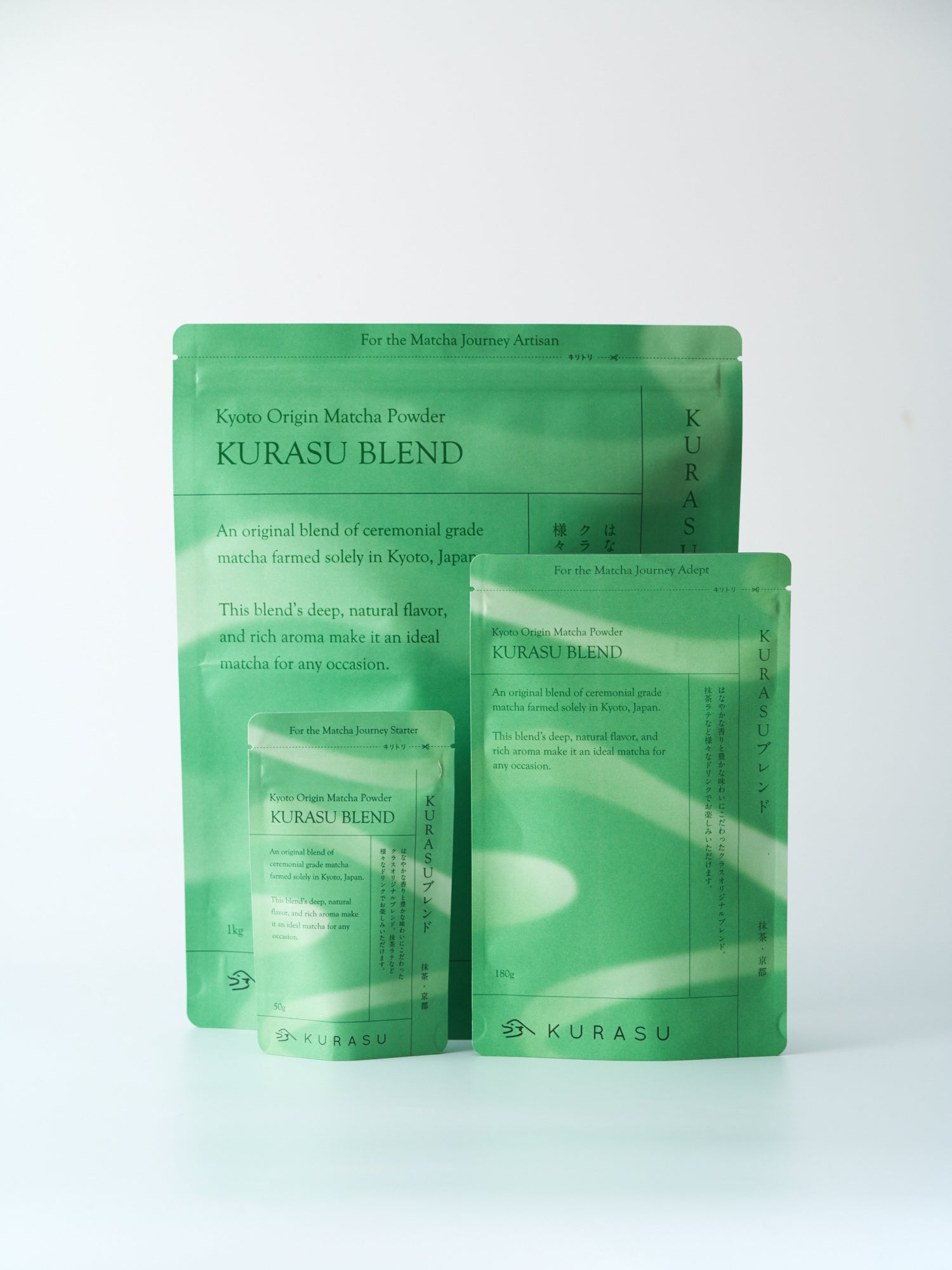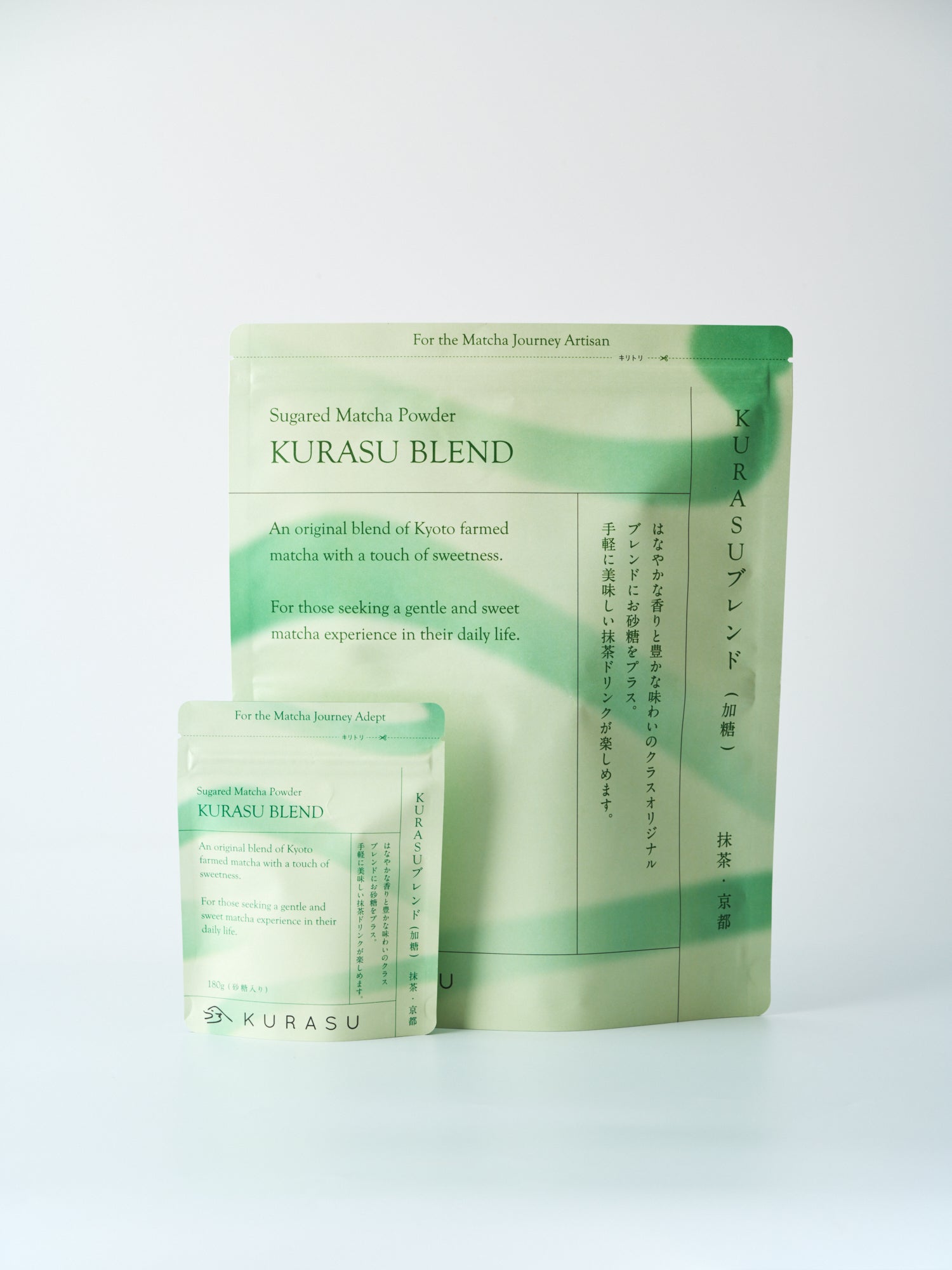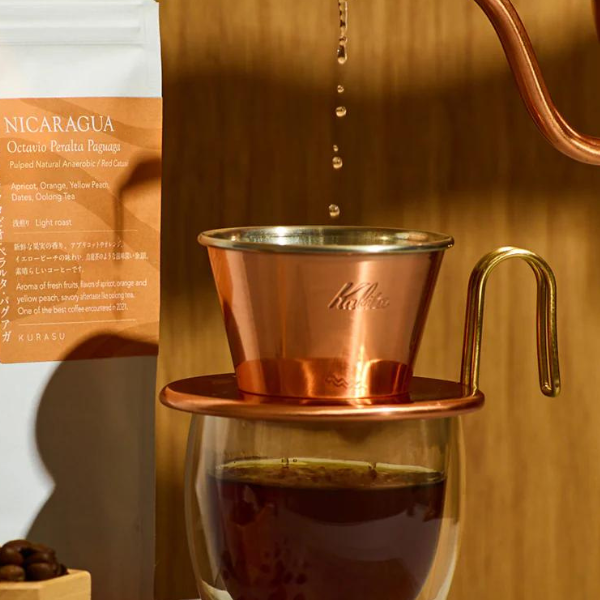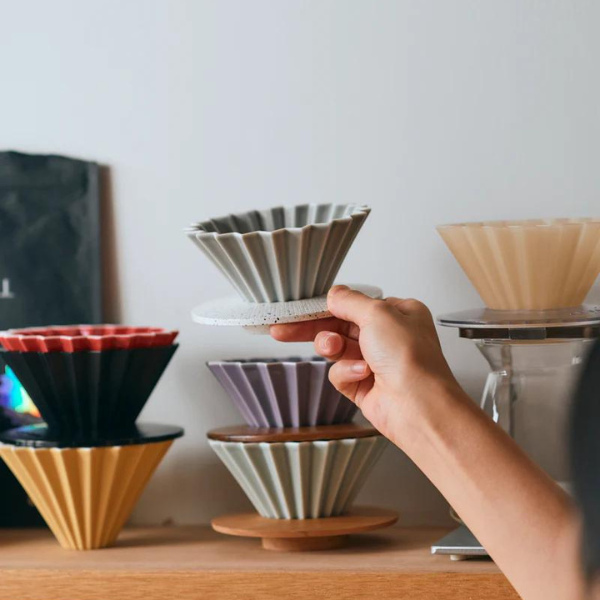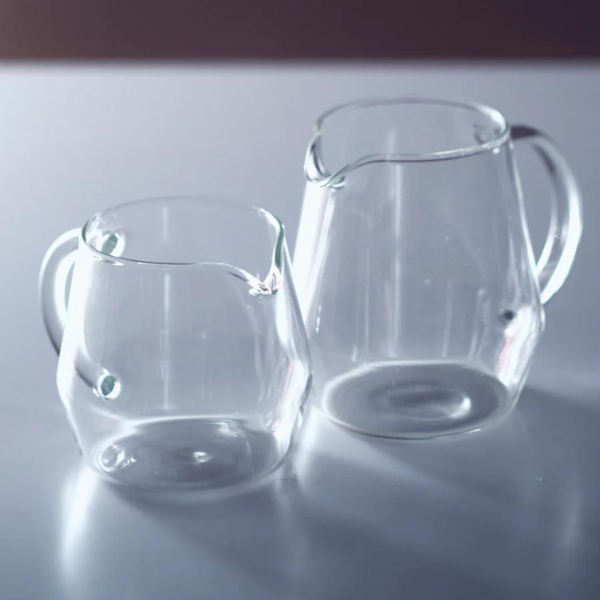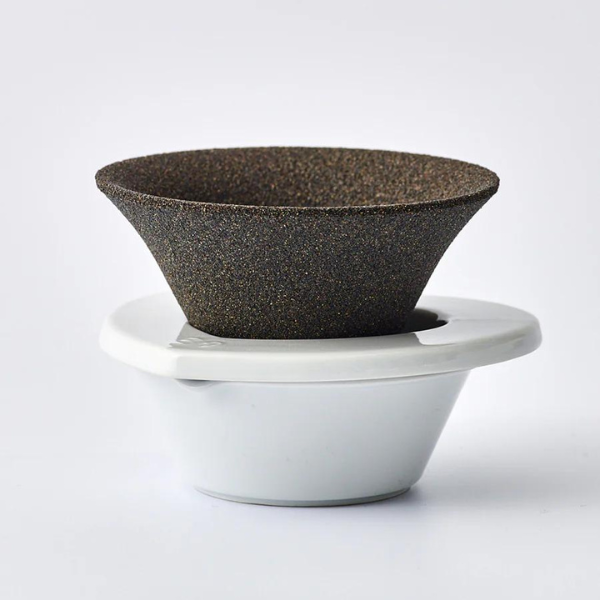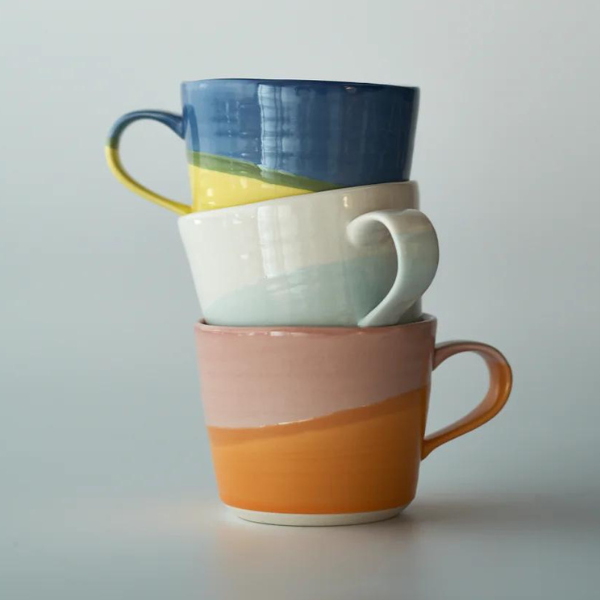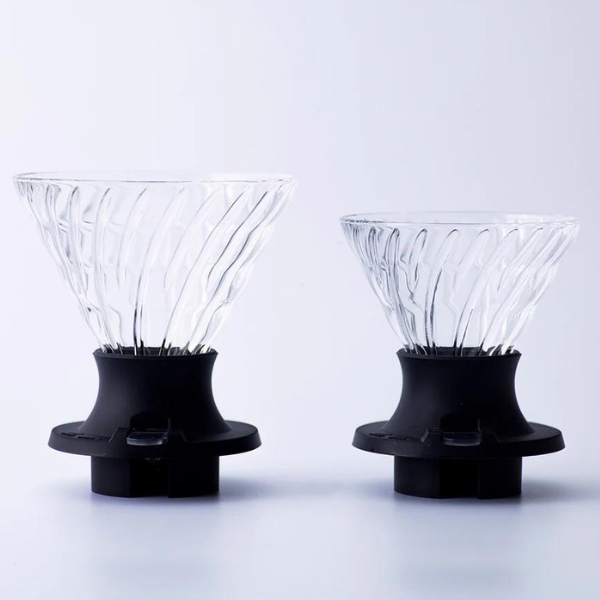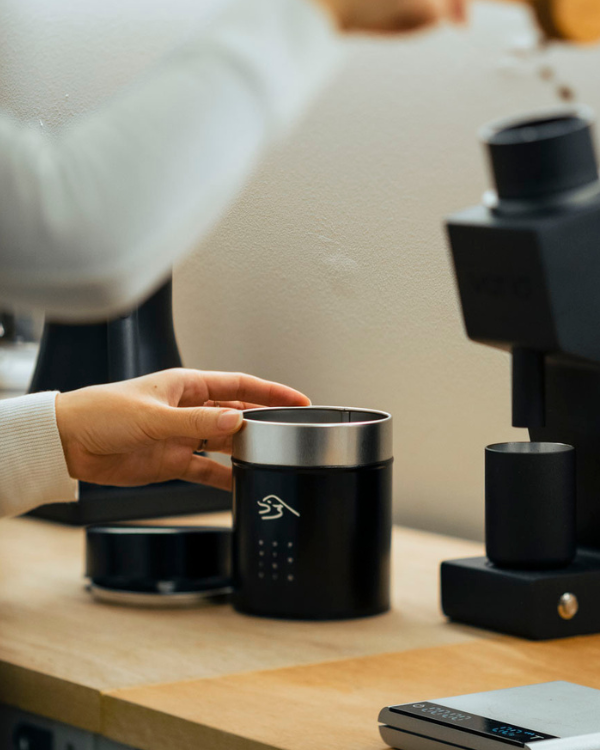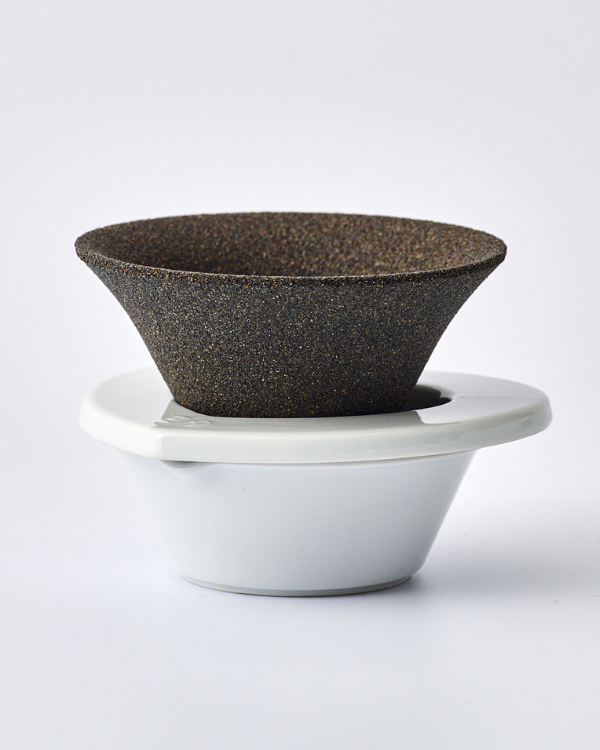This month’s #KurasuPartnerRoaster is Kinoshita Shouten from Setouchi, Okayama. In this age of convenience, getting something simple and basic in good quality is ironically becoming hard to achieve- with their motto “do what we ought to, in ways we ought to”, Kinoshita-san, the owner, runs the shop to deliver proper products and services without cutting corners. We asked him to share how he has come to find his answer in the traditional business model, leading up to his growing business much loved by the locals.
When Kinoshita-san was young, he was dreaming of a global adventure- “I’ve got to go to the world’s metropolis- London”, young Kinoshita-san thought, and flew to London to study. As he met people from all over the world, it became more and more evident that he didn't know about his own culture to begin with. Feeling embarrassed and determined to understand his own culture better, he rushed back to Japan. While studying to get a university degree, Kinoshita-san worked for a coffee shop as a manager, where the world of coffee made a huge impression on him.
Kinoshita-san then moved to Kyoto to deepen his understanding of Japanese craftsmanship and its cultural context. In Kyoto he worked for a Japanese restaurant, where he directly worked with producers, developed a skill in product management and an eye for quality. “My experience back then helped me to understand that coffee is also a product of nature, a crop”, Kinoshita-san reflects.
He then moved back to Okayama, his hometown, but found himself estranged after the 10 years he was away. To be reconnected to his roots, Kinoshita-san decided to work at a local post office, spending his days delivering letters to the locals and nights roasting coffee for a year and a half- as days went by he became more and more connected to the town, which gave him the confidence to open his shop, named after his grandmother’s little local store. (*”Shouten” means a store, often an individually owned general store that sells daily essentials.)
During his career, he had several opportunities to visit coffee producers. There, he learned that the “washed process” involves a wide range of methods varying between producers which affects the taste a great deal. “I learned that there are bigger differences between farmers than between countries of origin”, Kinoshita-san recalls, and he explains that that’s why he values a constant relationship with producers. “I am a member of a co-op that purchases coffee from the same producers every year, and that consistency gives us better opportunities to build an honest and trusting relationship. It is our foundation to deliver our promise of high quality, reliable experience of specialty coffee.”
Kinoshita-san often talks about going back to basics- he believes that classic, honest hard work and no compromise on quality are the keys. Perfecting the basics often is more difficult than trying something new and different. It requires patience and humility to understand what you can and cannot control. Coffee is a product of nature and humans. What do we face and what does it take to produce a good quality specialty coffee? “We are all part of one big complex world- just demanding to purchase a high quality product no matter what won’t get us anywhere”- it is a story of a man who is trying to repair the broken links in this instant, materialistic world.


